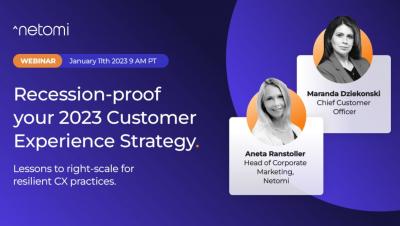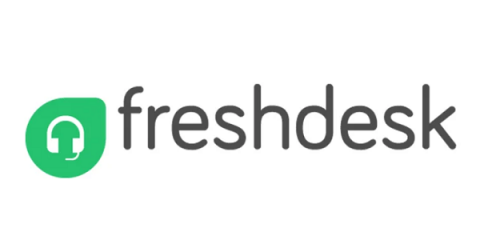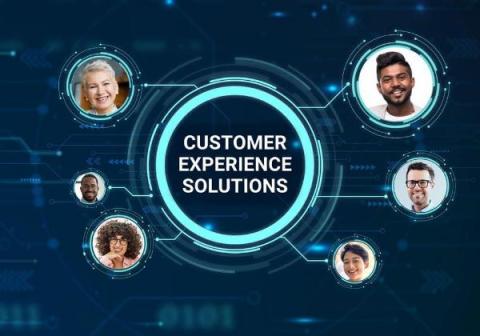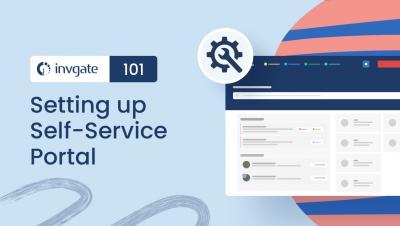Teams | Collaboration | Customer Service | Project Management
Customer Service
7 Key Ways to Manage Ticket Escalation - Beginner's Guide
According to Gartner, when customers are able to find resolutions at the end of high-effort experiences, 96% are more likely to be disloyal to brands, and 81% are likely to share negative word-of-mouth. This is why it’s crucial for you to have a ticket escalation process. Read this guide to understand.
Integrate New CX Solutions
Integrations are critical to a strong customer experience because they help your software connect and become a unified service platform that shows a full customer journey. This can provide insight that helps you continuously improve.
Webhooks for Zendesk Events
What is First Call Resolution? [+Best Practices And Tips To Improve FCR]
First Call Resolution is a vital contact center metric that monitors accurate and prompt support, tracking the number of customer issues resolved within the first support call. Fast-paced consumers want brands to value their time and expect their needs to be met on time—no matter how they get in touch with the brand— which makes FCR a leading indicator of customer happiness and a direct measure of a call center’s operational efficiency.
The Top 6 Trends CX Leaders Need to Pay Attention to in 2023
Brands face unique challenges heading into 2023 as they balance the variety of changes the last few years have brought on—a looming recession, staffing shortages across all industries, and significant shifts in consumer behavior and expectations brought on by the pandemic. The only certainty is that the quality of customer experience (CX) is more important than ever. There’s a good reason why you should be ranking CX high in your priorities for the coming year.
Setting up the InvGate Service Desk Self Service Portal
The Ultimate Guide to Net Promoter Score
Measuring your Net Promoter Score (NPS) is the most effective way to gauge customer satisfaction. NPS dates back to 2003, when Fred Reichheld, a partner at Bain & Company, introduced a novel way of measuring how pleased your customers are with the products and services you deliver. If you’re unfamiliar with NPS, this guide will help you understand what NPS means and how you can use NPS for your business growth and to improve customer satisfaction.
Adopt a Complete CSM Platform that Utilizes ITIL
A customer service management platform is a software platform that provides a variety of tools, information, and workflows relating to customer service and the customer experience. It goes beyond the functions of a more basic ticketing system while still offering the vital functions that those systems provide. A CSM platform will enable you to manage better relationships, boost productivity and improve the customer journey.









